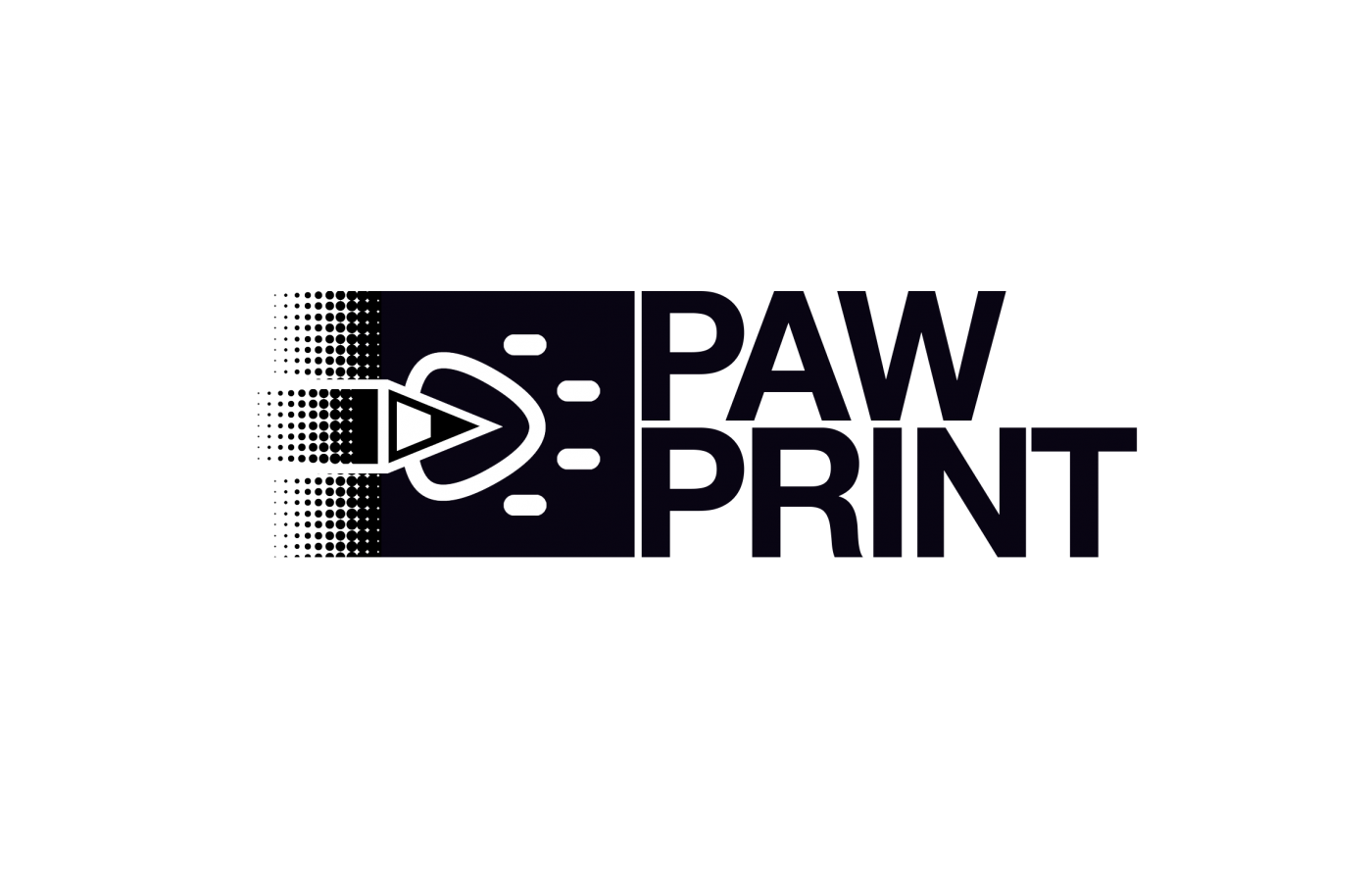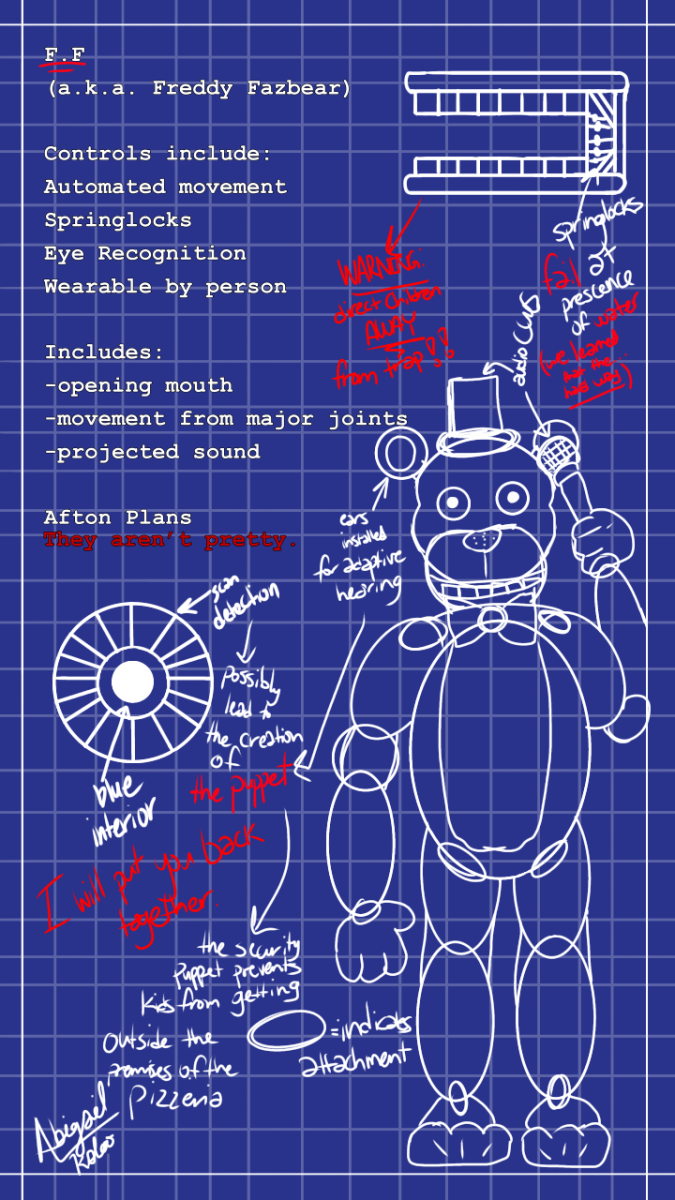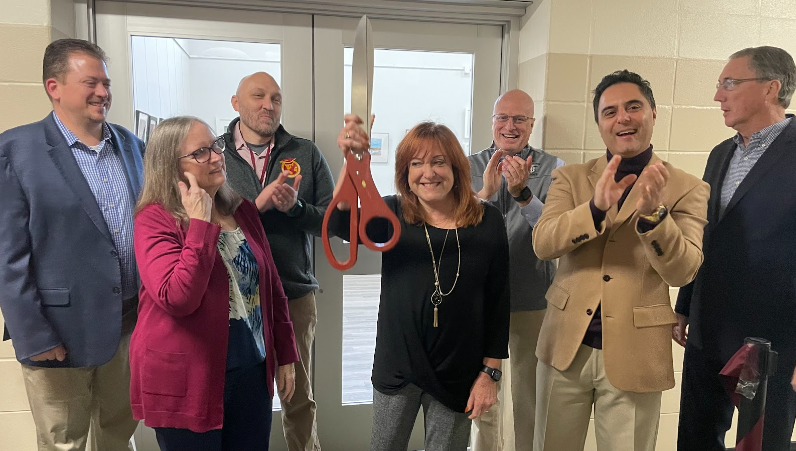Imagine you’re at home, listening to your favorite music. The sounds and beats flow through your airpods like a river on a sunny day. Something that stands out to you is the looping sound of a specific tune. You listen closer. It sounds eerily familiar to you. What if I were to tell you that the same looping tune, playing over and over like a broken record, was likely to be a pre-existing piece of music?
The art of sampling dates back to the earliest years of hip hop. Notable music industry legends like Nas and Tupac, names heard time and time again, were just popping up as rising stars during this period. Praised for the bountiful production of their songs, these young artists were using sampling systems to take pieces of music made decades ago – expected to be forgotten – and mixing them into incredible pieces of art. Illustrating this is Nas’ song, N.Y. State of Mind. This song, appearing on his legendary album, Illmatic, contains an unforgettable piano loop that perfectly captures the mood and the vibe of the lyrics. This, believe it or not, was sampled from renowned jazz pianist Joe Chambers’ piece, Mind Rain. This conveys the sheer influence that older music had on early hip hop and music as a whole.
The idea of sampling older pieces of music is even more evident in modern songs, with some artists including vocal samples. Rapper Kanye West, in his fabled song POWER (2010), samples a vocal track by music group Continent Number 6 from their song Afroamerica. West’s ability to produce and use the sample to perfection helped the song skyrocket up the charts. POWER peaked at #22 on the Billboard Hot 100 Chart in 2010 and today is considered to be one of the best songs to play during a pre-game warmup as exemplified here at Whitman. Big artists using samples like this helps to shed light on songs from years prior to the release of these modern albums.
Today, sampling is one of the most praised parts of producing music. There’s even a niche genre called Plunderphonics that exists and thrives today which dedicates all of its sounds directly to sampling.
Needless to say, sampling has and will continue to shape hip hop and music altogether for decades to come.







